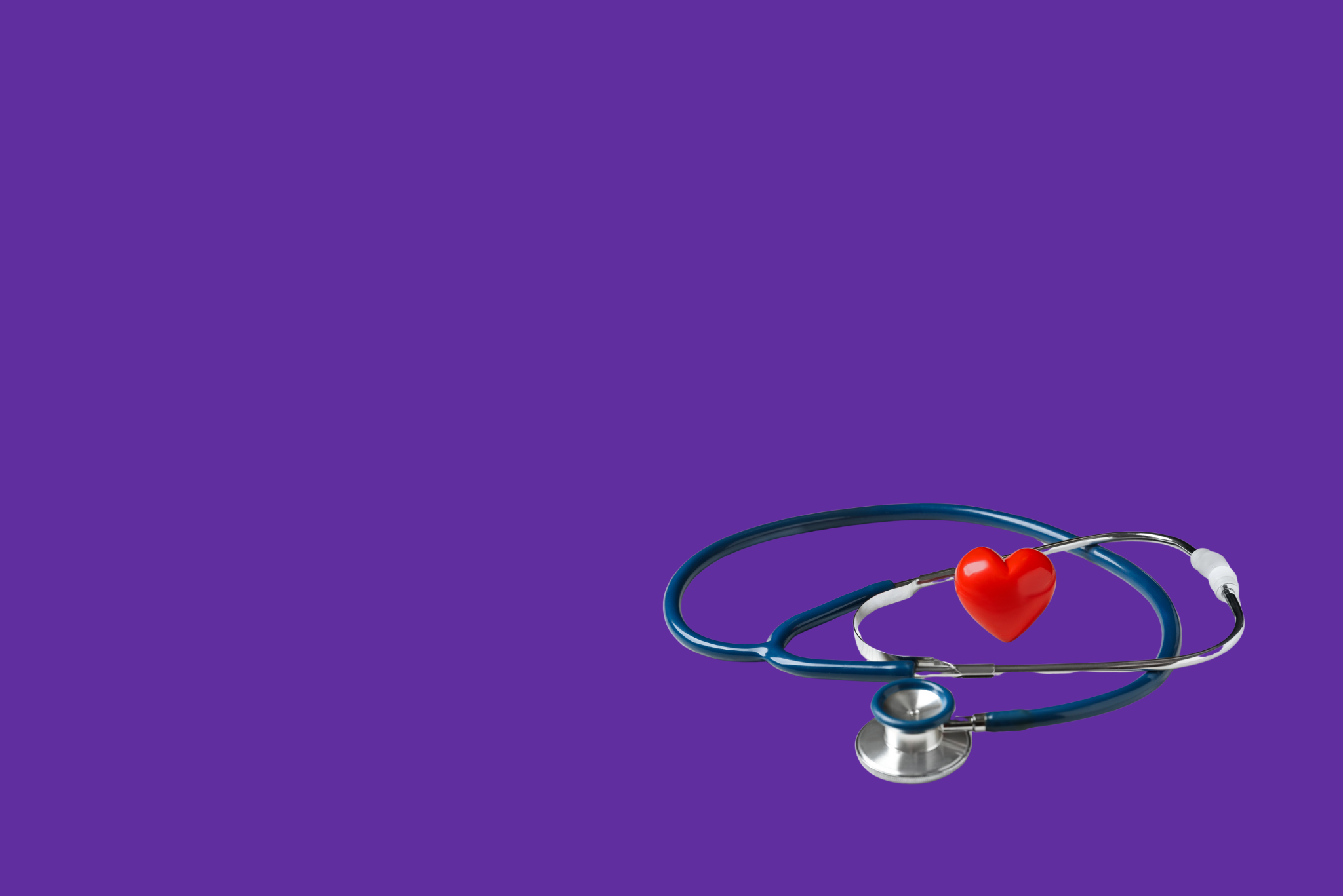overview
Pediatric cardiologists use diagnostic tools such as electrocardiograms (ECGs), echocardiograms, and chest X-rays to evaluate the heart’s structure and function. Early diagnosis and intervention are crucial to improving long-term outcomes.
Treatment may involve medications, catheter-based procedures, or open-heart surgery, depending on the severity and type of defect. Children with heart conditions often require regular follow-ups to monitor growth and heart function and to manage any complications that may arise.
Symptoms & Diagnosis
Family education and support are also essential parts of pediatric cardiac care, helping parents understand their child’s condition and make informed decisions. With advances in medical care and technology, many children with heart conditions can lead healthy, active lives.
- Identification of Heart Murmurs
- Evaluation of Congenital Heart Defects
- Diagnostic Tools (ECG, Echocardiogram)
- Monitoring Growth and Heart Function
- Medical and Surgical Management
- Long-Term Follow-Up and Care




